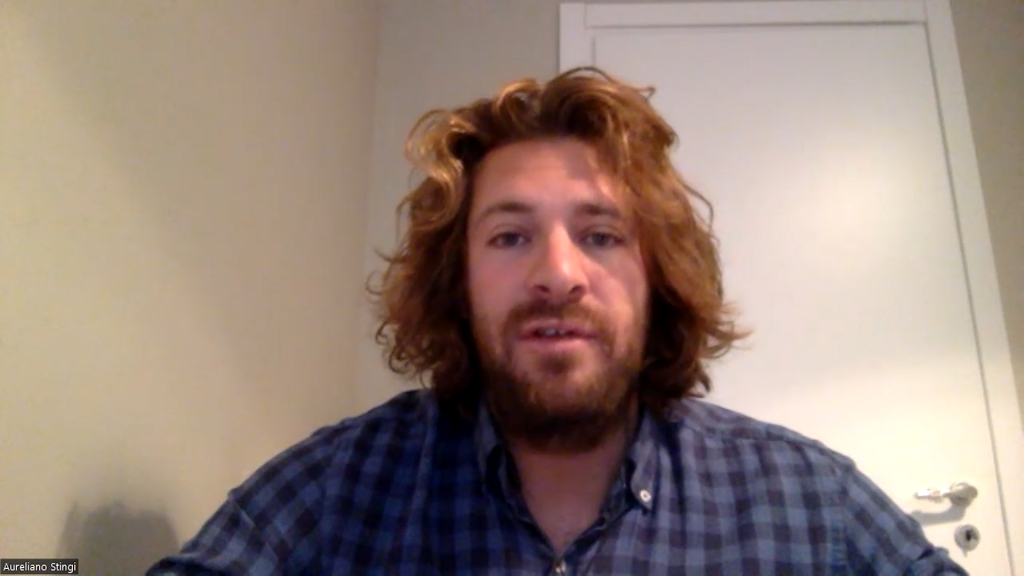
A video-interview with a communication expert discusses the crucial role of media in the COVID-19 crisis.
16 Mar 2022
Press releases
ICONS, partner in the European research project CORONADX, has produced a video-interview with Paul Levinson, a professor of communications and media studies at Fordham University in New York. We asked him to shed light on the critical role of media during the pandemic.
Every second, millions of people are watching TV shows or their social media channels. Media have therefore the responsibility to provide the most accurate information, but they are also expected to do so as quickly as possible.
In the midst of a life-threatening pandemic, information may easily get distorted and even put people’s health at risk around the world.
More than two years after the pandemic started, myths about COVID-19 transmission, prevention and infection are still circulating, fuelled by a constant flow of information generated by news, articles and social media.
And since media are still measuring their performance based on click and engagement rates, the more this misinformation receives appreciations, the more media will be tempted to continue on this path.
“Media have to realize” said Levinson “that money is not as important as life and they have to resist doing something just because it gets the more viewers, more shares, more likes”.
Since its inception, the CORONADX project has tackled the issue of misinformation on the pandemic by publishing “Facts&Myths”, helping people to distinguish between truth and falsehood and to better protect themselves.
Watch the video-interview here and stay tuned for more information.

